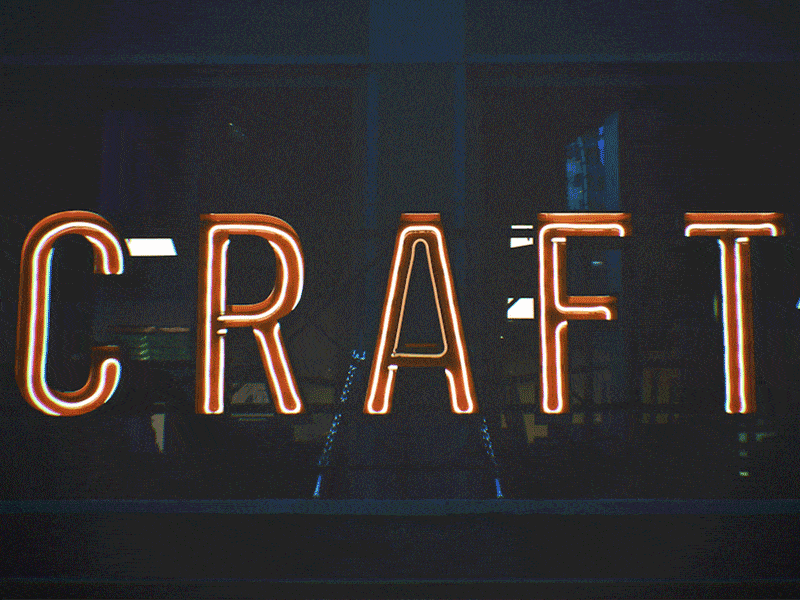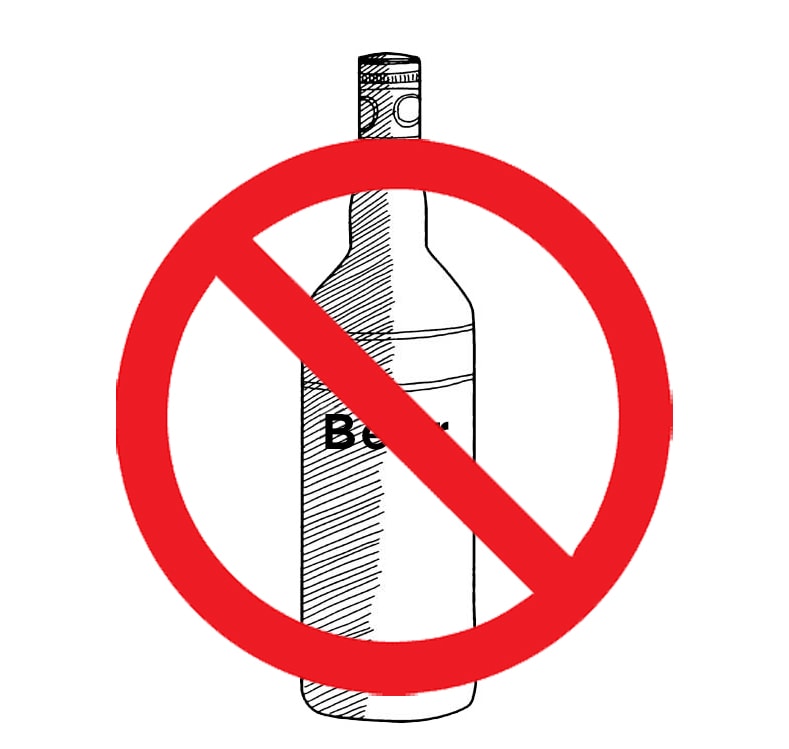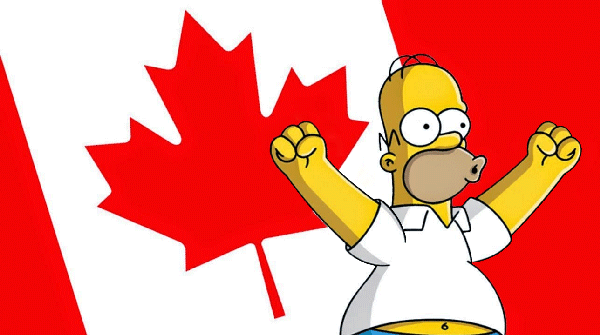
Organic Beer in the United States
Alaistair Bland has been following the path of the 10 last years of organic beer in the United States. What is its story? What has been its destiny and, if any, its eventual success?
At an organic Davis store, Ted Davis, a brewer, delivered an order for his organic beer. “My beer was right in front of her, but she took a six-pack of Sierra Nevada beers,” says Vivatson, who helped establish Eel River Brewing Co. in Fortuna in 1994. When asked why, the buyer’s response was, “Well, I know what I’m buying now is just as bad for me.
Bland speculates that probably the answer to the decline of organic beer in the United States is this. Just a dozen American breweries, out of about 7000, produce at least one organic brew. A major sign of the decline in this sector of industry is the closure of the Bison Brewing brewery. After 29 years of activity, it closed last year.
For a better understanding of this sector of organic food production, a comparison between organic food and alcohol is therefore established. The United States has an estimated 253 million hectares of farmland. Many, if not most, produce beer with conventionally grown ingredients. Since many of the organic beers are unique, special or seasonal editions. There is a small percentage of certified organically produced beer.
Some examples of these breweries are Sierra Nevada Brewing Co. who grow their organic ingredients on their premises and make the beer organically certified Estate Homegrown IPA. Another brewery, Deschutes, produces Green Lakes Organic beer.
But another important factor is the acquisition of organic hops. There was never enough demand from the brewers to produce a supply. In fact, without immediate availability of these hops the brewers who considered producing organic beer simply could not afford it.
Such it’s the case with other organic ingredients for beer. Dave McLean, co-owner of Admiral Maltings a grain malt supplier, explains that he doesn’t see enough demand for organic ingredients. Setting aside some brewers like Thirsty Bear.
For Bland, comparison with organic food is essential. Like the use of poisons such as glyphosate, they are found in organic products, although at much lower levels. The consumer prefers to spend less money consuming conventionally grown food. But “whenever possible” consumers will happily buy their organic beer.
What about you? What is your take on organic beer?
Don’t drink and drive. Enjoy responsibly.
Beer
Discover all the news, facts and infos about beer all around the world thanks to Spirits Hunters’ expertise and blogging.
See all posts in this category. Join the community on Reddit
Join the community on Reddit
Spirits Hunters is a community dedicated to spirits and the world of mixology. Feel free to talk about the world of mixology and bartending here!
Join





